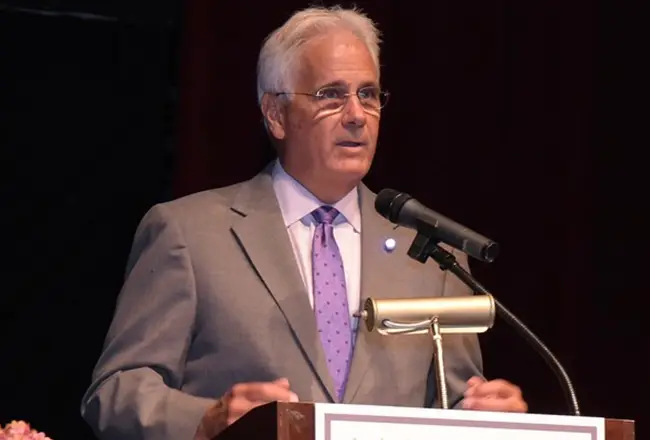While making it plain that it”™s not against the concept of Westchester County bringing in a private company to manage the Playland Amusement Park, the Westchester Parks Foundation is expressing concerns about the agreement recently announced between the county and Standard Amusements.
Standard Amusements received a contract to manage the park during the administration of former County Executive Rob Astorino. Shortly after current County Executive George Latimer replaced him, the county canceled the contract.

Standard Amusements then went to bankruptcy court to not only file for bankruptcy but also to ask that the contract be enforced. The company and county recently reached an agreement to end the court battle and bring in Standard to operate Playland.
“The foundation has no position on whether the county should privatize the park or not; that”™s their call,” Joseph Stout, executive director of the Westchester Parks Foundation told the Business Journal.
He said that because of the way the new contract is drawn, however, the foundation believes state approval from the governor and legislature would be needed. Stout said that in the view of the foundation the contract constitutes a lease rather than a licensing agreement and is an “alienation” of public parkland, in essence meaning that Playland would no longer be a public park.
Stout said the state had deliberately made it hard to turn property into something other than a park once it”™s been dedicated as parkland.
Stout previously served as the commissioner of Westchester County”™s Department of Parks, Recreation and Conservation, retiring from that role in 2010.
“There”™s a reason why it”™s hard to ”˜de-park”™ a piece of property because there wouldn”™t be a lot of it if it wasn”™t,” Stout said. “It”™s Playland today; is it Glen Island tomorrow or Pound Ridge or Croton Point? It”™s really a slippery slope here.”
Stout emphasized the necessity to justify a public need to the state before parkland can be turned into something else.
“For us, the real sticking point is that the county does not have an at-will ability to withdraw from the contract or terminate the contract. They can only do that for cause and the cause can be cured by Standard in most cases. So, for all intents and purposes they don”™t really have a way to withdraw from the contract or terminate the contract and that”™s essentially the big difference between a lease and a license agreement,” Stout said.
Stout said that some parcels of parkland in Westchester have gone through the alienation process including one small piece along the Playland boardwalk.
“The Children”™s Museum at Playland was alienated so that there could be a long-term lease for the Children”™s Museum to provide that recreation service at Playland,” he said.
Stout said that the Parks Foundation is interested in what happens at Playland because its mission is to advocate for the Westchester park system.
“We do thousands of hours of volunteer work. We raise money to support the park system including Playland. We”™re partners with the county. We don”™t take the action lightly,“ Stout said, noting that the county respectfully disagrees with the foundation”™s criticism of the Playland contract.
“The principle is that they need to follow the case law of New York state and I believe we need to make a public statement that our parks are precious and they need to be protected. It”™s not always the deal that”™s right in front of you,” Stout said.
“They need to really focus on the fact that this contains the elements of a lease and a lease requires state legislative approval and they should do that or they should change the terms of their amended agreement to allow for at-will best interests of the county termination of the contract.”




















